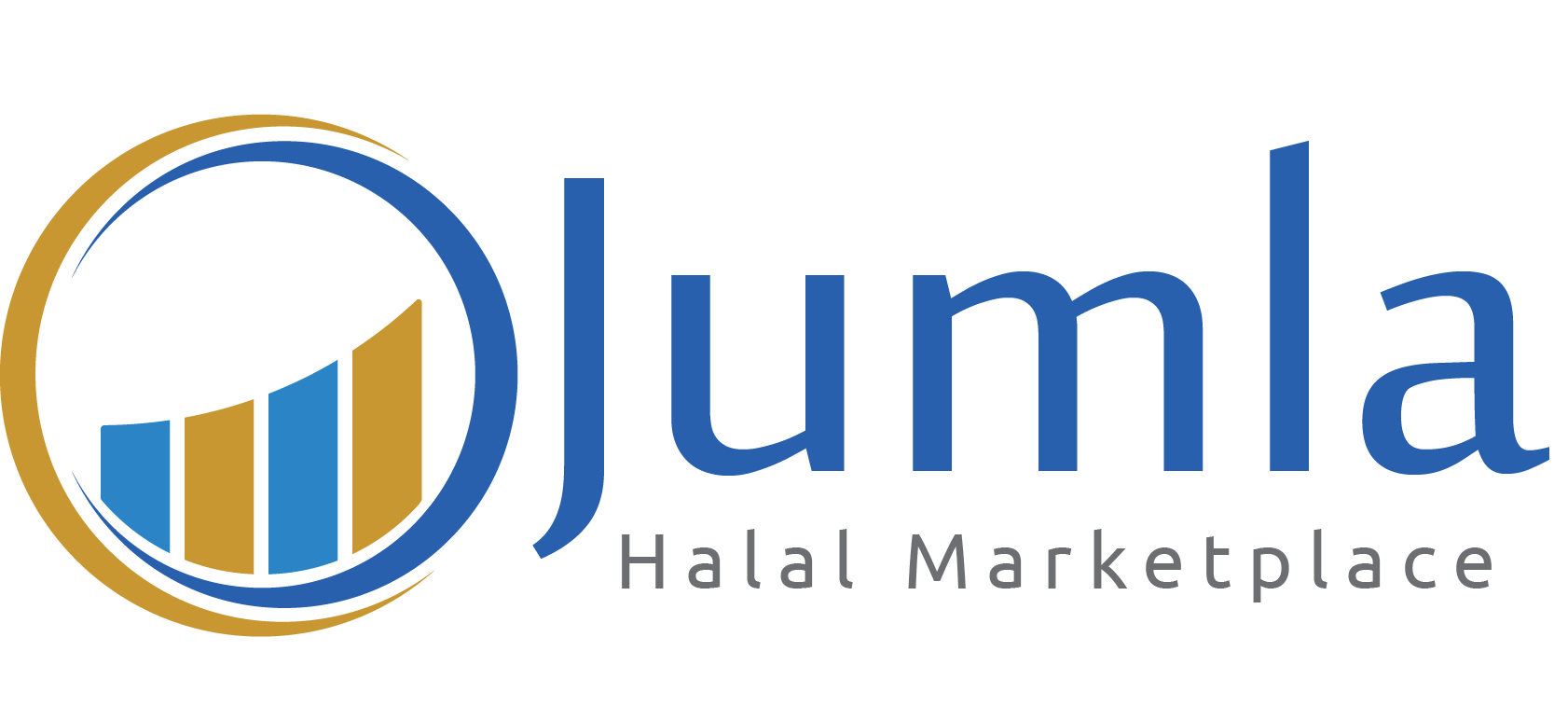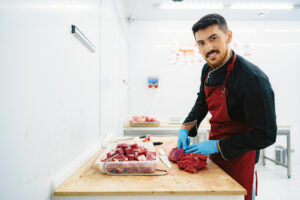The Rise of Halal Meals in the U.S. Public Schools
Across the United States, halal meals are emerging as a critical component of culturally inclusive school nutrition programs. What was once a rare offering—limited to a handful of districts—is steadily gaining ground as schools recognize and respond to the diverse dietary needs of their students.
In Illinois, a groundbreaking bill requires state-funded schools, hospitals, and prisons to provide halal (and kosher) meals upon request. This legislative shift reflects a recognition of the growing number of students for whom culturally appropriate meals are not optional—they are essential. As one student succinctly put it: “Some students can eat, and none of the Muslim kids can eat,” capturing the exclusion that food can create when inclusivity is overlooked.(The Guardian)
Similarly, New York City has expanded halal meal availability—especially in summer food programs—to over 25 locations. While this marks progress for Muslim students, questions remain about ensuring equal access for other religious communities, such as Jewish students seeking kosher options.(New York Post)
Some school districts have embraced halal meals more comprehensively. Dearborn Public Schools in Michigan, serving a predominantly Arab American population, offer full halal and nut-free meals to all students, demonstrating a commitment to meeting diverse dietary requirements with equity and consistency.(Wikipedia) In Chicago, community-driven initiatives led to the introduction of halal meals at multiple schools, counteracting previous shortages and enabling students to maintain energy and focus throughout the school day.(Food Tank)
Several factors are driving this shift. For many Muslim students, halal isn’t just a preference—it’s a requirement grounded in religious observance. The absence of compliant food can lead to hunger, disengagement, or exclusion from school activities.(Food Tank) Meanwhile, schools recognize the importance of fostering a sense of belonging. Including halal options signals to Muslim families that their values and identities are respected and protected.
Yet schools still face operational hurdles. Sourcing certified halal ingredients, training kitchen staff to prevent cross-contamination, and balancing budget constraints can pose significant challenges. Advocacy groups play a vital role by supporting schools with certification, training, and menu planning. Their successful partnership with New York City schools, which now serve halal meals in more than 43 schools, showcases how expertise and collaboration can make inclusive nutrition feasible and sustainable.
Legislative action also plays a pivotal role in normalizing halal options. In New York State, proposed bills such as A10651 seek to mandate halal offerings in schools when Muslim enrollment exceeds a defined threshold.(FoodService Director) Though similar efforts have previously stalled, renewed momentum suggests increasing political recognition of food justice.
As the Muslim population in the U.S. continues to grow and cultural awareness deepens, the demand for halal meals in schools is unlikely to wane. For students, it means nourishment in more ways than one—physically, socially, and spiritually. For schools, it underscores the importance of equity, inclusion, and respect in the cafeteria and beyond.
From state legislation to community advocacy, the movement toward halal meals in U.S. schools speaks to the broader pursuit of equitable access and cultural representation. It’s about ensuring every student gets nourishment they can embrace—not just consume.





